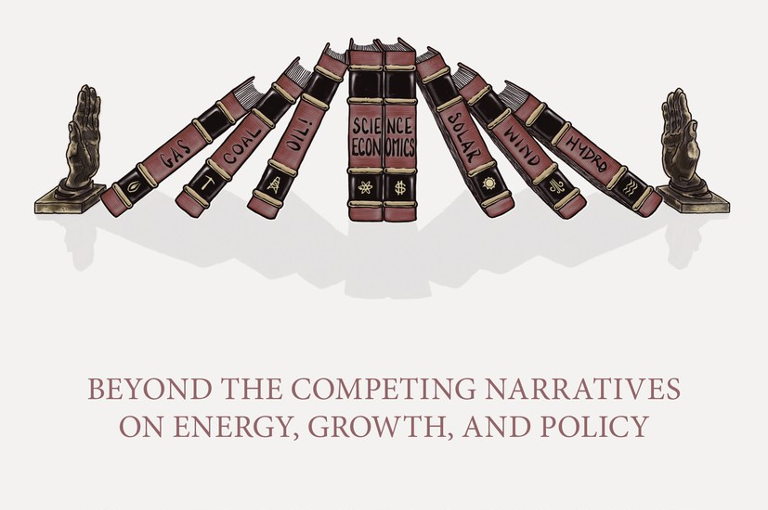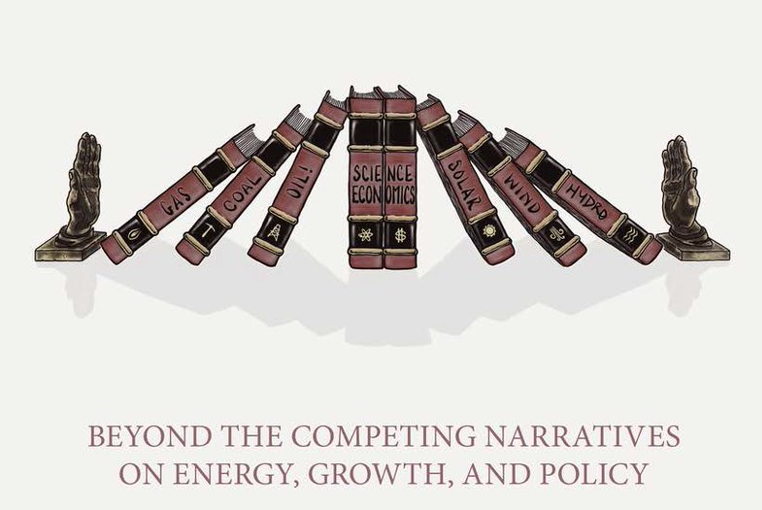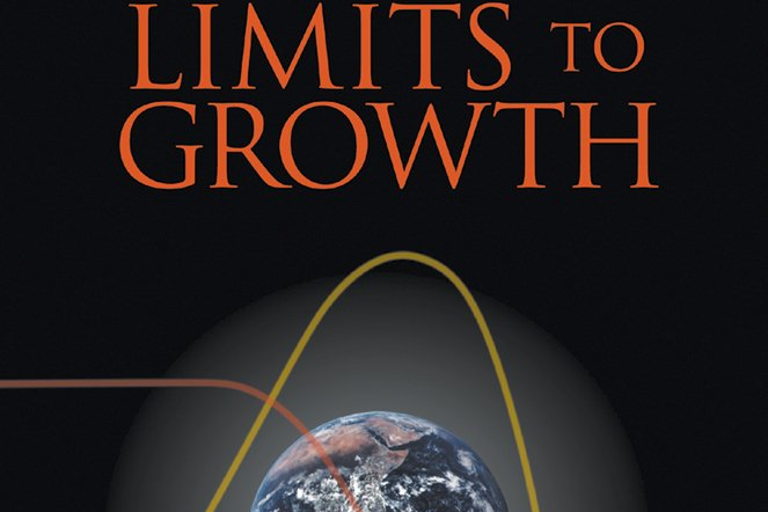Dr. Carey King is Assistant Director and Research Scientist at the Energy Institute at The University of Texas at Austin, with appointments at the Center for International Energy and Environmental Policy within the Jackson School of Geosciences and McCombs School of Business. For additional information, visit www.careyking.com, tweet at @CareyWKing or write Dr. King at [email protected].
How Does Global Energy Consumption scale with GDP and Mass? A Biophysical Perspective
In summary, the global economy and biology have very parallel growth patterns relating energy consumption to size.
October 12, 2022
How Fossil Fuels Made the Human Race Dependent on a Finite Resource
Carey King of the Energy Institute at the University of Texas at Austin discusses how the last 70 years of economic and population growth have been fueled by the transition to petroleum, how a decreasing supply of it has increased political polarization, and what the future might hold as supplies continue to dwindle.
July 13, 2022
The Economic Superorganism
Will we run into fundamental limits on resources and debt? Or can human ingenuity and technological innovation continue to overcome any limits we encounter?
December 17, 2020
The Economic Superorganism: Excerpt
In the context of the energy and economic narratives, who needs more willpower? Do our political leaders need “political will” to constrain the choices for both public and private energy company investments?
November 2, 2020
How Wages are Linked to Energy Consumption: Data and Theory
How do economic analyses account for the roles and impacts of both the cost and quantity of natural resource consumption?
This question has been debated perhaps as long as there has been the profession of economics. Before the use of fossil fuels, early “classical” economists knew that most products of interest, such as food and building materials, came from the land as it harnesses the energy from the sun. Thus, land as a natural resource was front-and-center to economic thinking.
January 9, 2020
Artificial Intelligence and the Utility Monster: It’s the Economy Stupid
Thus, we should consider whether the superintelligent AI future some fear might already in action, but at perhaps a slower and more subtle pace than some pontificate might happen after “the singularity” when AI becomes more capable than humans.
November 7, 2018







